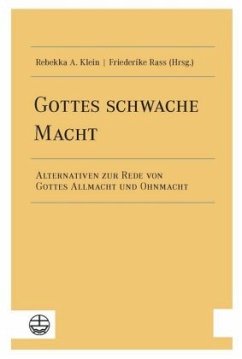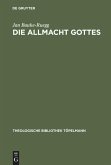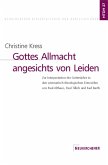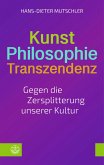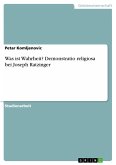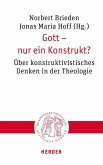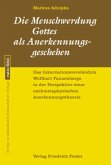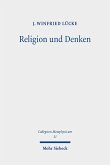Das Streben nach Souveränität ist in der Spätmoderne in die Krise geraten. Auch in der Theologie wird nicht mehr ungebrochen von Gottes souveräner Herrschaft geredet. Ins Zentrum von Gottes Gottsein hat die Theologie nach Auschwitz den ohnmächtig Gekreuzigten gerückt. Doch die dialektische Überwindung der Allmacht durch die Ohnmacht wird im Diskurs der nachmetaphysischen Religionsphilosophie durch die Vorstellung einer »weak force« unterlaufen. Das Nachdenken über die schwache Macht Gottes und ihre subversive Kraft soll neue Deutungspotenziale für die säkulare Gesellschaft freilegen. Die Beiträge dieses Bandes suchen das Motiv der schwachen Macht konstruktiv und kritisch für die Theologie weiterzudenken.Mit Beiträgen von Jakob Deibl, Ferdinando Menga, Alexander Massmann, Rasmus Nagel, Philipp Schlögl, Jonas Erulo, Rebekka A. Klein, Martin Hailer, Philipp David, Hartmut von Sass, Hanna Reichel, Katharina Opalka, Friedhelm Meier und Friederike Rass.[God's Weak Force. Alternatives to the Notions of God's Omnipotence and Powerlessness]The aspiration for sovereignty has got into crisis in late modernity. In the field of theology too one does not talk any longer unabatedly about God's sovereign power. Reflecting on God as being God, theology after Auschwitz made the powerless crucified One the focus of its attention. But the dialectical overcoming of omnipotence through powerlessness is being undermined in the discourse of post-metaphysical philosophy of religion by the notion of a weak force. The reflections on God's weak force and its subversive power are intended to open up new spaces of interpretation for the secular society. The aim of the contributions in this book is to rethink the motif of the weak force theologically in a constructive and critical way.
Bitte wählen Sie Ihr Anliegen aus.
Rechnungen
Retourenschein anfordern
Bestellstatus
Storno

